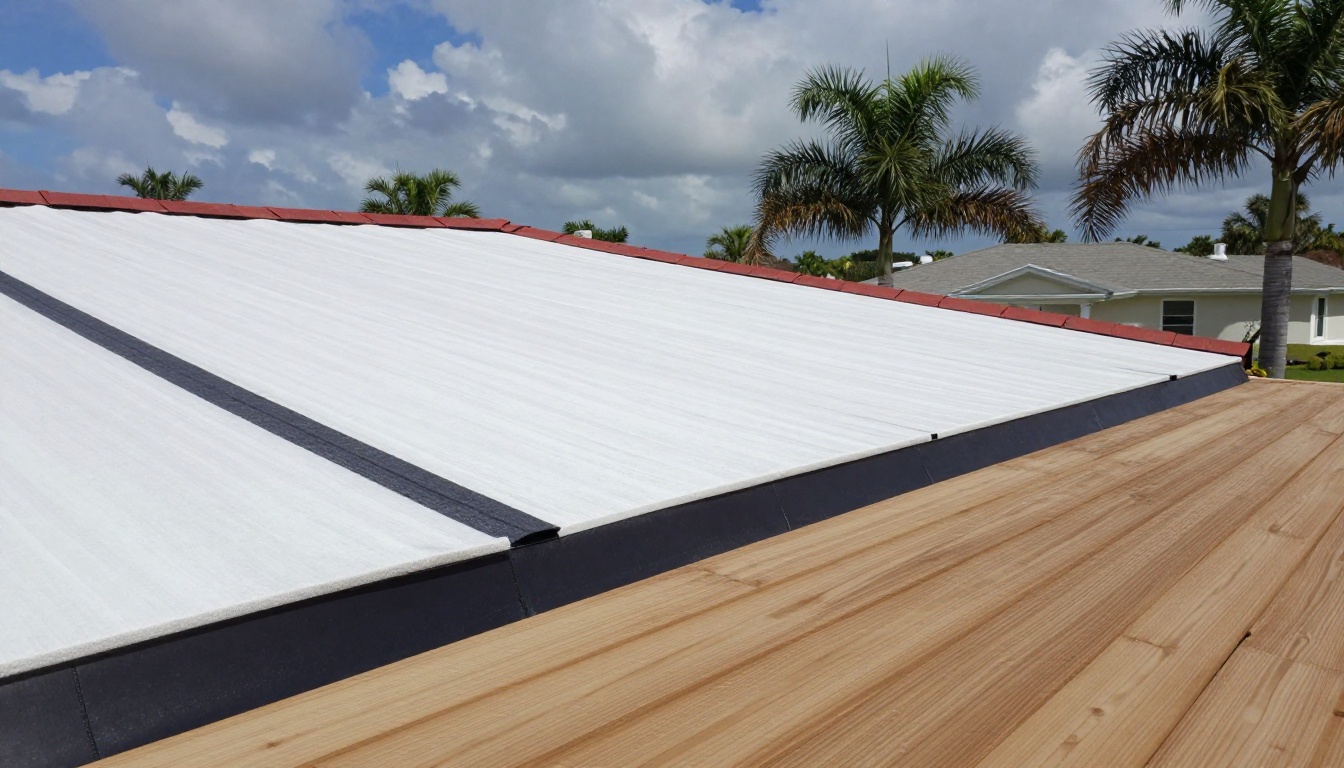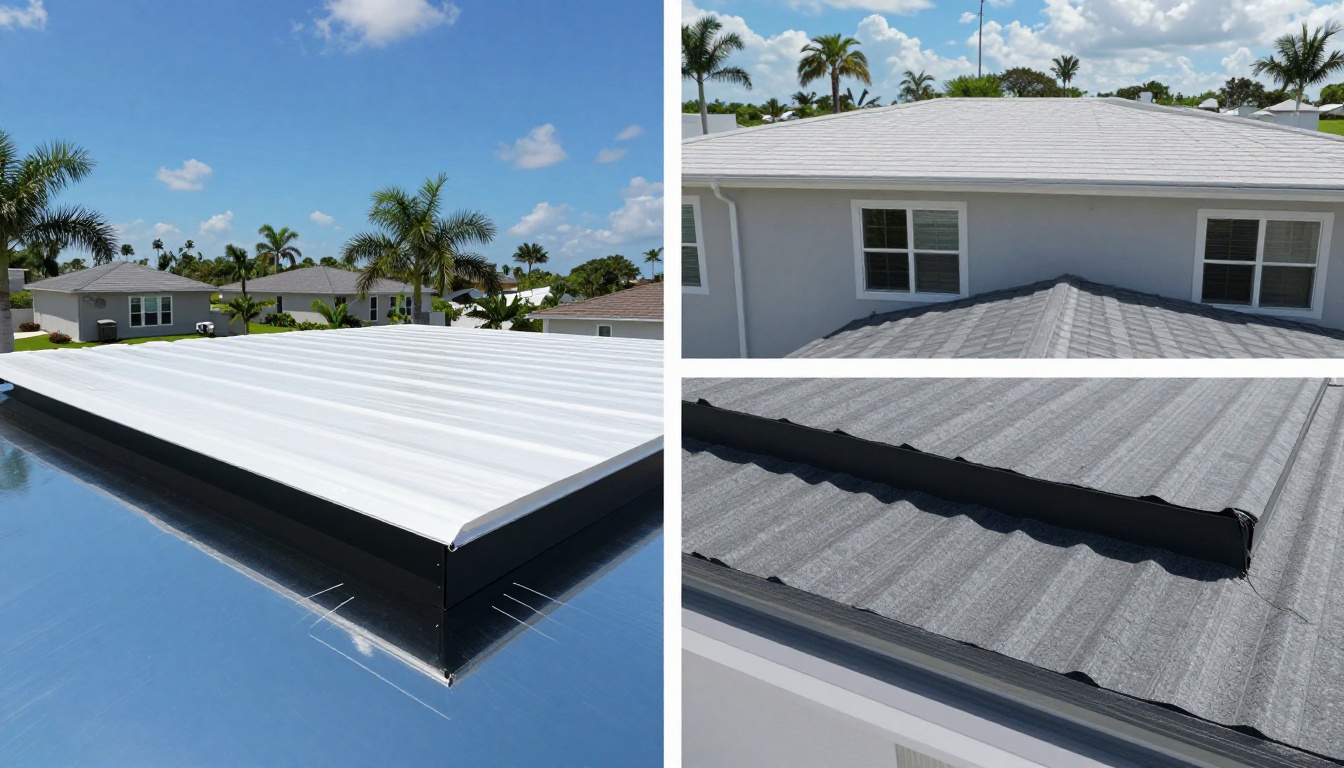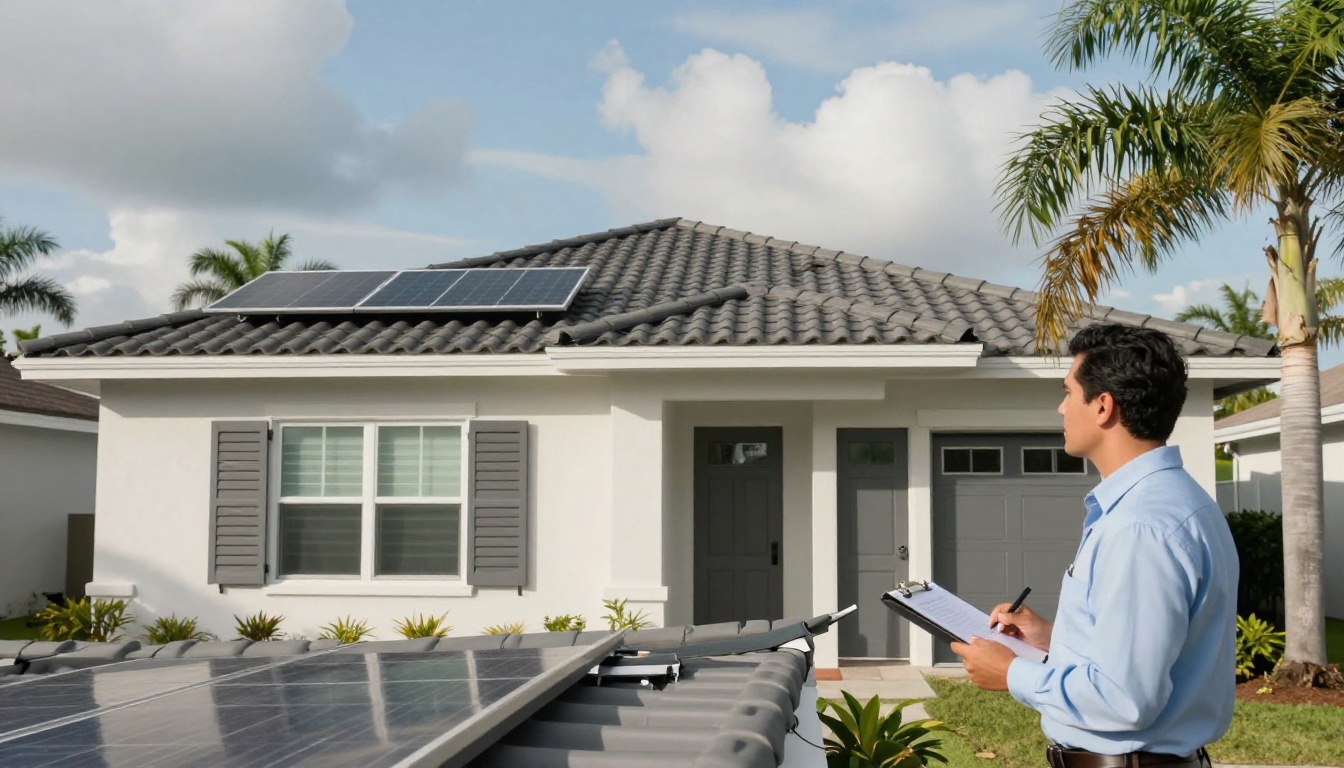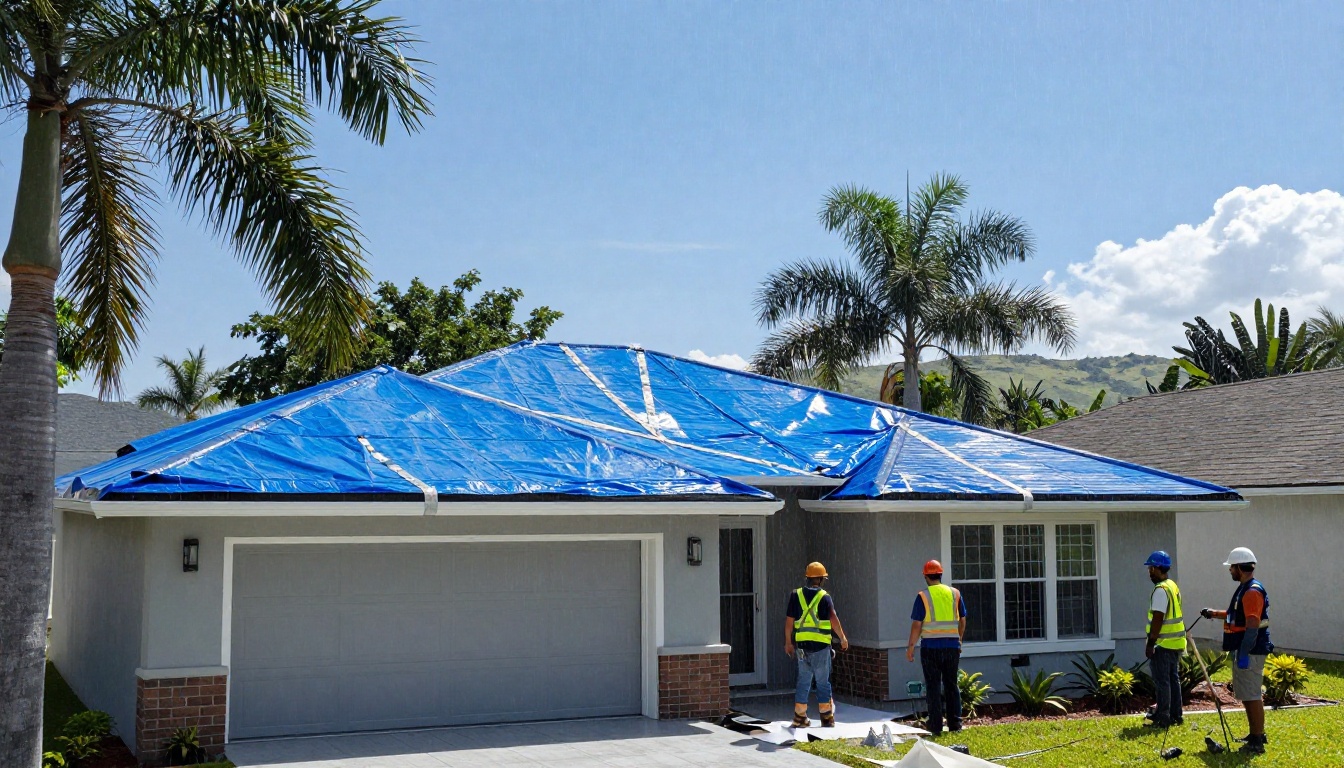Maximizing Tax Deductions on Your Next Commercial Roof Replacement
Maximizing Tax Deductions on Your Next Commercial Roof Replacement
Understanding Tax Deductions for Commercial Roof Replacements
When it comes to commercial roof replacements, understanding tax deductions can significantly reduce your overall costs. The IRS allows businesses to deduct certain expenses related to roof replacements, especially when they improve the property or extend its useful life. Recent updates to tax laws have made it easier for businesses to claim these deductions, provided they meet specific criteria. Knowing these rules ensures you don’t miss out on potential savings.
Tax deductions for roof replacements are typically tied to improvements that add value or functionality to your property. For example, replacing an old roof with a more durable or energy-efficient system may qualify for deductions. With the right planning, property owners can align their roof replacement projects with current IRS guidelines to maximize financial benefits. This sets the stage for exploring specific tax strategies like Section 179 and bonus depreciation.
Section 179 and Bonus Depreciation: Immediate Expensing Opportunities
Section 179 of the IRS tax code allows businesses to deduct the full cost of eligible roof replacements in the year they’re placed in service, rather than depreciating them over time. This immediate expensing opportunity is particularly beneficial for small to mid-sized businesses looking to reduce taxable income quickly. However, there are limitations, such as annual deduction caps and thresholds for total equipment purchases.
Bonus depreciation complements Section 179 by offering additional opportunities to deduct a significant percentage of the roof replacement cost upfront. Eligibility often depends on whether the roof qualifies as Qualified Improvement Property (QIP). These provisions can be game-changers for commercial property owners, allowing them to recover costs faster. Understanding these rules can help you make informed decisions about timing and financing your next roof project.
Qualified Improvement Property (QIP): Accelerated Depreciation Explained
Qualified Improvement Property refers to interior building improvements made after the property is placed in service, excluding structural components like roofs—unless specific conditions are met. Recent tax law changes now allow QIP to qualify for accelerated depreciation, meaning you can write off the cost over a shorter period, typically 15 years instead of 39. This makes commercial roof replacements more financially attractive.
To qualify as QIP, the roof replacement must meet IRS criteria, such as being installed in a nonresidential building and not expanding the building’s square footage. By leveraging QIP status, businesses can expedite deductions and free up cash flow. Consulting with a tax professional or roofing contractor familiar with these rules, like those at Infinity Roofing SWFL , can ensure your project aligns with QIP requirements.
The Partial Disposition Rule: Deductions for Replaced Roof Components
The partial disposition rule allows businesses to deduct the remaining undepreciated basis of an old roof when replacing it. This rule prevents double deductions by allowing property owners to "dispose" of the old asset while claiming a deduction for its remaining value. It’s a valuable tool for reducing taxable income during roof replacement projects.
To take advantage of this rule, property owners must file an election with their tax return. Proper documentation is crucial, as failing to do so could result in missed deductions or audits. Understanding how this rule interacts with other tax provisions, like QIP, ensures you maximize your financial benefits. Always consult a tax advisor to navigate these complexities effectively.
Repairs vs. Replacements: What’s Immediately Deductible?
For tax purposes, repairs and replacements are treated differently. Repairs that restore a roof to its original condition without extending its useful life are typically deductible in the year they occur. On the other hand, full roof replacements are considered capital improvements and must be depreciated over time unless they qualify for accelerated deductions under Section 179 or QIP.
This distinction is critical for maximizing deductions. Misclassifying repairs as replacements—or vice versa—can lead to missed opportunities or compliance issues. Working with a qualified roofing contractor, such as Infinity Roofing SWFL , can help ensure accurate classification and proper documentation. Understanding these nuances allows you to plan strategically for your next roof project.
Energy-Efficient Roofs and Federal Tax Credits
Installing energy-efficient commercial roofing systems can unlock additional federal tax credits. Roofs with cool-roof technology, solar integration, or other eco-friendly features may qualify for incentives designed to promote sustainability. These credits provide a dollar-for-dollar reduction in your tax liability, making them highly valuable.
To claim these credits, businesses must meet specific eligibility criteria and submit required documentation, such as certification from the manufacturer. Consulting with experts who specialize in energy-efficient solutions, like Infinity Roofing SWFL , can streamline the process. Taking advantage of these credits not only reduces costs but also enhances your property’s long-term value and environmental impact.
Cost Segregation Studies: Unlocking Greater Deductions
A cost segregation study breaks down the components of a major roof project to identify items that qualify for accelerated depreciation. For example, certain elements of a roof system may be classified as personal property rather than structural components, allowing for faster write-offs. This strategy can unlock significant tax savings.
Hiring specialists to conduct a cost segregation study ensures accuracy and maximizes deductions. While this process requires an upfront investment, the long-term financial benefits often outweigh the costs. Businesses seeking to optimize their roof replacement projects should consider partnering with professionals experienced in both roofing and tax planning.
Recordkeeping and Documentation Best Practices
Proper recordkeeping is essential for maximizing deductions on commercial roof replacements. Maintain detailed invoices, contracts, and proof of payment to substantiate your claims. If you’re pursuing energy-efficient tax credits, include certifications and manufacturer documentation as well.
Working With Tax and Roofing Professionals
Consulting both tax advisors and qualified roofing contractors is crucial for ensuring all eligible deductions and credits are captured legally and accurately. Professionals like those at Infinity Roofing SWFL can guide you through the process, helping you avoid costly mistakes and optimize your financial outcomes.
State and Local Incentives for Commercial Roof Replacement
In addition to federal benefits, many states and municipalities offer incentives for energy-efficient or storm-resistant roofs. These programs vary widely, so research local options or consult with a professional to explore available rebates, credits, or grants.
Common Pitfalls to Avoid When Claiming Roof Replacement Deductions
One common mistake is misclassifying repairs and replacements, which can lead to missed deductions or compliance issues. Another pitfall is failing to elect the partial disposition rule or missing the window for QIP treatment. These errors can result in lost opportunities or even penalties.
To avoid these pitfalls, review your project details with a tax professional before proceeding. Ensure all expenses are properly documented and aligned with IRS guidelines. Taking these precautions will safeguard your financial interests and maximize your deductions.
Frequently Asked Questions
Is a new commercial roof fully deductible in one year?
Under Section 179 and bonus depreciation, a new commercial roof may be fully deductible in one year if it qualifies as Qualified Improvement Property and meets other criteria. However, annual deduction limits apply, so consult a tax advisor to determine eligibility.
Do energy-efficient roofing materials qualify for additional tax benefits?
Yes, energy-efficient roofing materials may qualify for federal tax credits, particularly if they incorporate cool-roof technology or solar integration. Check eligibility requirements and document your purchase carefully to claim these benefits.
What documentation must I keep to support my deduction?
Key records include invoices, contracts, proof of payment, and any certifications related to energy efficiency. Proper documentation ensures your deductions are substantiated in case of an audit.
What is the difference between a repair and a replacement for tax purposes?
Repairs are generally expensed immediately, while replacements are capitalized and depreciated over time unless they qualify for accelerated options like Section 179 or QIP treatment.
Can I claim a deduction for disposing of my old roof?
Yes, the partial disposition rule allows you to deduct the undepreciated basis of the old roof when replacing it. File the appropriate election with your tax return to claim this benefit.
Conclusion
Maximizing tax deductions on commercial roof replacements involves understanding and leveraging provisions like Section 179, bonus depreciation, QIP treatment, and energy-efficient tax credits. Each of these opportunities can significantly reduce your project’s net cost, freeing up resources for other business needs. Proper classification, documentation, and timely elections are critical to ensuring you capture every available benefit.
Before starting your next commercial roof replacement, consult both roofing and tax professionals to optimize your financial outcomes. Companies like Infinity Roofing SWFL specialize in helping businesses navigate these complexities, ensuring compliance and maximizing savings. By taking a proactive approach, you can transform a necessary expense into a strategic investment that supports your bottom line.




